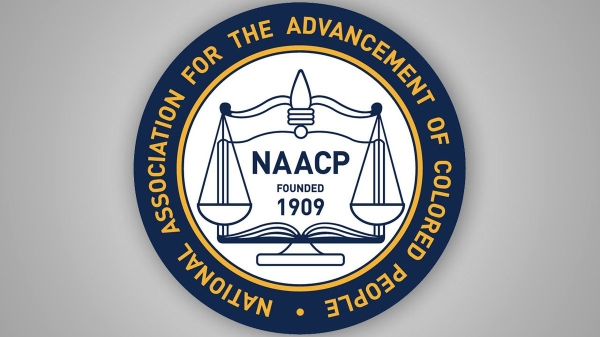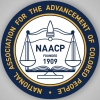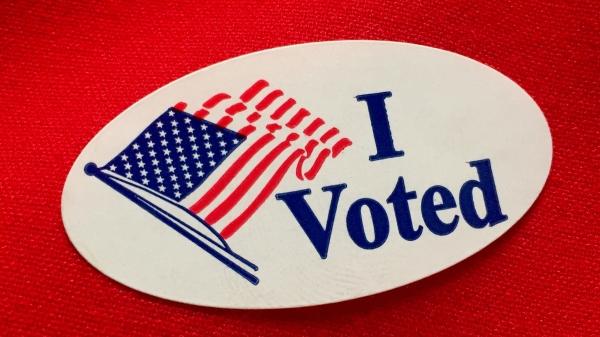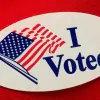Alabamians who vote by absentee ballot for the Nov. 3 election and meet the terms of a federal judge’s ruling last week, should have their votes counted, even if that ruling is overturned on appeal before Election Day, according to precedent, said Alabama Secretary of State John Merrill.
An APR reader last week questioned whether their absentee ballot would be counted if they sent it in without witness or notary signatures. If the ruling tossing out the witness requirement is later overturned by a higher court after they already sent in their ballot, the reader asked, would their ballot still be counted?
Merrill, speaking to APR by phone Friday, noted the previous precedent and said that if the ruling was overturned on appeal “then the response, based on precedent, should be the same.”
Alabama law had required absentee ballots to be signed by two adult witnesses or a notary, but a federal judge in a ruling last week tossed out that requirement for those 65 years old or older with health problems, if the voter submits a statement that they have an underlying medical condition that puts them at a heightened risk from COVID-19 and thus, they cannot safely get those additional signatures.
Both Merrill and Alabama Attorney General Steve Marshall have said the state would appeal the verdict. The lawsuit — filed by the NAACP Legal Defense and Educational Fund, the Southern Poverty Law Center, the ACLU, ACLU of Alabama and Alabama Disabilities Advocacy Program — was brought on behalf of several Alabamians with underlying medical conditions.
Plaintiffs argued that aspects of the state’s voting requirements placed undue burdens and potentially deadly conditions on voters seeking to cast a ballot amid the COVID-19 pandemic.
But Alabama voters faced a similar predicament involving the same court case when Kallon ruled in favor of the plaintiffs before the July 14 runoff, doing away with the witness and photo ID requirements, with stipulations, for voters in three Alabama counties.
Merrill appealed, but a three-judge panel of the 11th Circuit Court of Appeals upheld Kallon’s ruling and denied the state’s request for a stay.
“Appellants fail to explain why voter confidence is not negatively affected by their enforcement of voting restrictions that force Alabamians to choose between voting and potentially contracting a severe or deadly case of COVID-19,” the judges wrote in the ruling.
The state appealed to the U.S. Supreme Court, which, in a 5-4 decision on July 3, ruled in favor of the state, granting the requested stay and reversing Kallon’s order for the July 14 runoff.
Deuel Ross, senior Counsel at NAACP’s LDF, told APR in a message Monday that at present, every election official in the state is required to process absentee ballots and applications that comply with the court’s order, which allows high risk people to provide a statement allowing them to vote without meeting the photo ID or witness requirements.
“In the unlikely event that order is stayed, the State should follow the process adopted in July whereby election officials counted and processed absentee ballots and applications sent in before the stay and did not require voters to take any additional steps to vote,” Ross continued.




















































